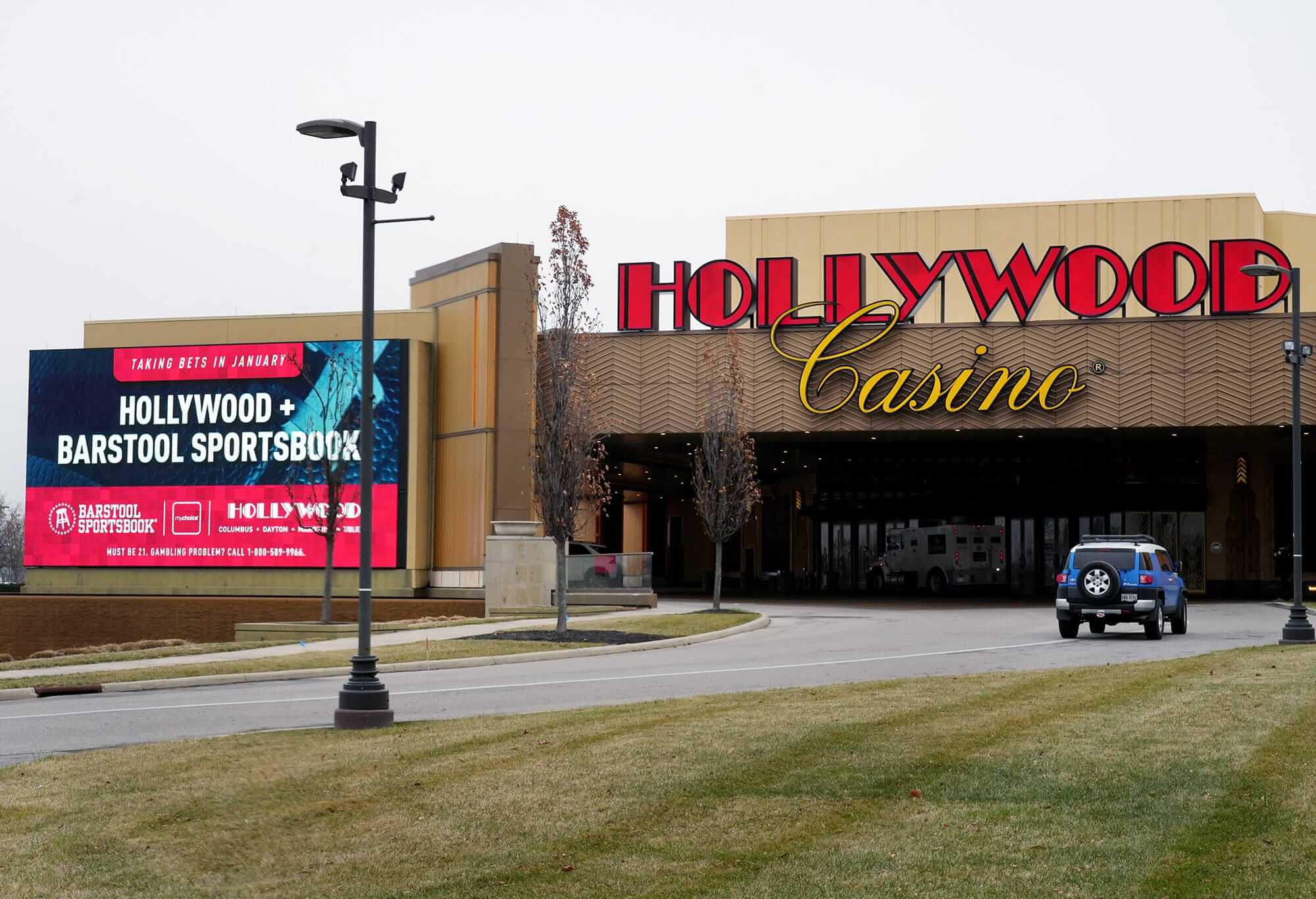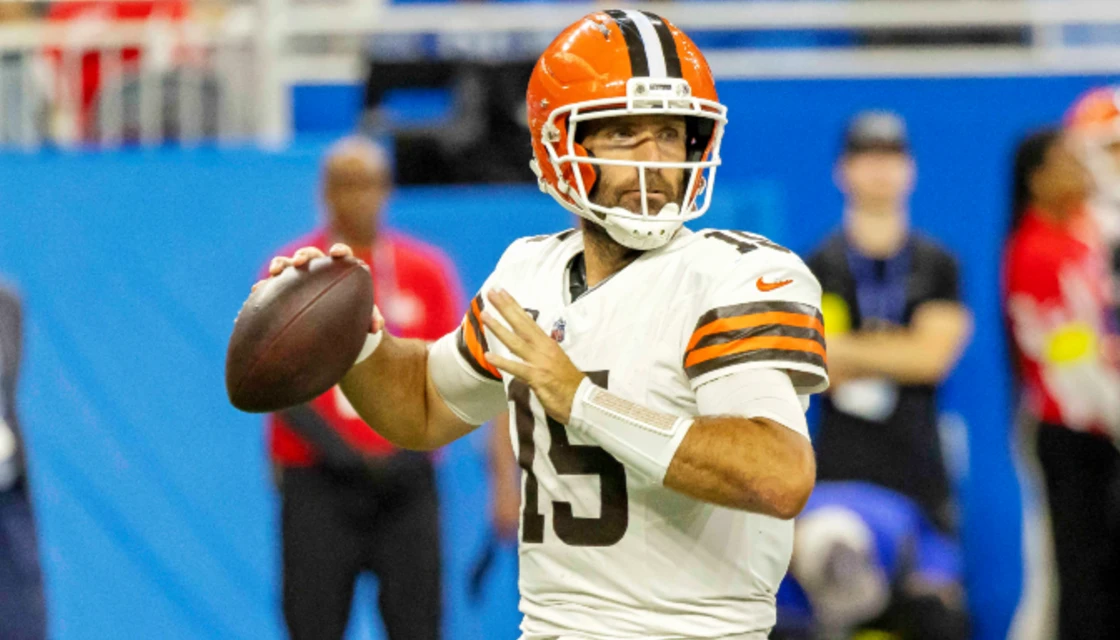An lawmaker filed a massive gaming bill Tuesday that would legalize Ohio online casino gambling in the state, with the proceeds from iGaming predominately going to the Buckeye State’s general fund. It’s the latest step in what appears to be a disagreement between the legislature and Gov. Mike DeWine’s office about the future of gaming in the state.
Allowing iGaming, which would be required to launch by March 31, 2026, is just part of Senate Bill 197, which state Sen. Nathan Manning sponsored. Manning also chairs the recently established Senate Select Committee on Gaming, which will discuss the legislation at a hearing scheduled for Wednesday afternoon. As written, the bill would allow the four full-fledged casinos and seven racinos with video lottery terminals to have an iGaming license with one skin. That could be used for its own brand (such as Hollywood Casino for PENN Entertainment) or contracted to another gaming operator (such as FanDuel for Boyd Gaming-owned Belterra Park).
The measure would extend wagering on horse racing online and let the state lottery conduct online gaming. What Manning’s bill does not include is language to raise the Ohio sports betting tax to 40% from its current 20% rate, which is what DeWine proposed this year. Instead, Manning included a provision to reduce the state tax on revenues at brick-and-mortar sportsbooks back to the original 10% levy included in the 2022 legislation legalizing sports betting.
General Fund Would Receive Ohio iGaming Tax Revenue
DeWine sought the sports betting tax hike to pay for the state’s portion of major stadium construction or renovation projects, such as the ones the Cleveland Browns and Cincinnati Bengals seek, as part of the budget proposal he presented to lawmakers. The state House of Representatives passed its version of the spending plan last month without increasing the tax rate for Ohio sports betting apps.
The budget bill is now in the Senate, and based on Manning’s bill, the chamber will likely follow in the footsteps of the House and exclude a sports betting tax hike in its version.
Ohio iGaming operators approved for a license would pay a one-time fee of $50 million, with a $5 million renewal fee every five years. The bill creates a two-tiered tax structure for iGaming apps. Licensees that own at least half of the iGaming operator that it partners with will be taxed at 36%. Those that contract iGaming to a third party would have their revenues taxed at 40%.
The bill calls for 99% of the tax money after administrative costs are deducted, to go to the state’s general fund. The other 1% would go to the state’s problem gaming fund.
How Big Could Ohio iGaming Be?
It’s uncertain how much Ohio iGaming would generate in revenue initially. With a population of about 11.9 million, the state is between Michigan (10.1 million) and Pennsylvania (13.1 million), neighboring states that allow online casino gambling.
During the 2023-24 fiscal year, Pennsylvania’s iGaming operators generated gross revenues of nearly $1.95 billion from online slots and table games, including poker. Michigan’s licensed online casino partners reported gross revenues of more than $2.44 billion.
Manning’s bill would also put the Ohio Casino Control Commission in charge of the racinos. Currently, the state lottery oversees the video terminals while the racing commission oversees horse and harness racing. In addition, charitable gaming and sweepstakes machines, currently under the purview of the attorney general’s office, would also come under the OCCC.
Report Questions Legality Of Ohio iGaming Bill
While the lines have clearly been drawn between the legislative leaders and the governor, there remains a question of whether lawmakers have the power to legalize online casino gaming. Ohio voters approved land-based casinos in 2009 through a constitutional amendment.
That amendment notes four casinos are permitted, and operators are subject to a 33% tax, with 90% of that funding going to local governments and public school districts. The remaining 10% is earmarked for specific state programs.
“If a party were to challenge the bill, a court might examine whether, under the Ohio Constitution, the legislature can authorize internet gambling and if so, whether any of the constitutional requirements regarding casino gaming apply to internet gambling. The Ohio Supreme Court has not ruled on these questions,” the legislative analysis for SB 197 stated.
It’s also uncertain if the state’s casino and racino operators agree on legalizing iGaming. Previously, JACK Entertainment, which operates the JACK Casino in Cleveland, argued that only full-fledged casino licensees should get licenses. Churchill Downs Inc., which co-owns a racino in the state, also has opposed iGaming legalization elsewhere. Sources have told BetOhio that at least one other casino licensee has expressed a similar viewpoint.
The Ohio budget must be in place by July 1, the start of the new fiscal year.
BetOhio will continue to monitor the legislation and provide updates. We also have real money Ohio sportsbook promotions that people can use when they sign up with an operator.
USA Today Network photo by Doral Chenoweth/The Columbus Dispatch







